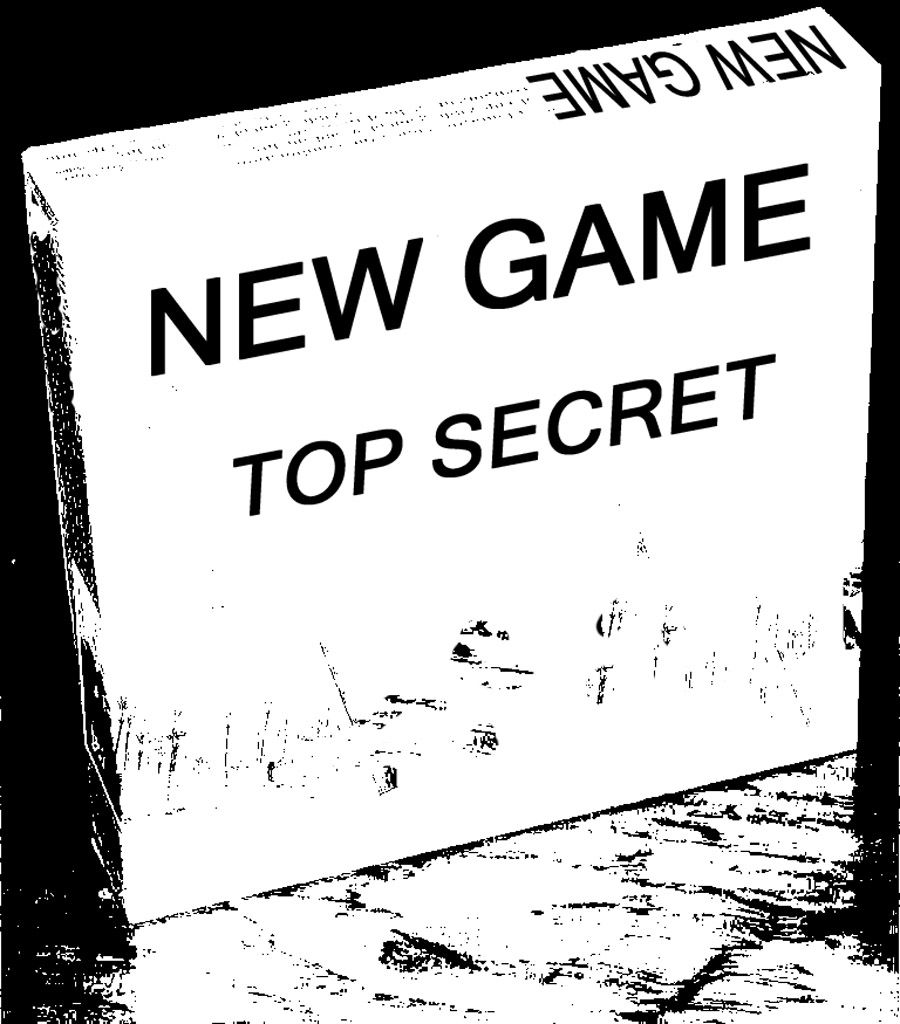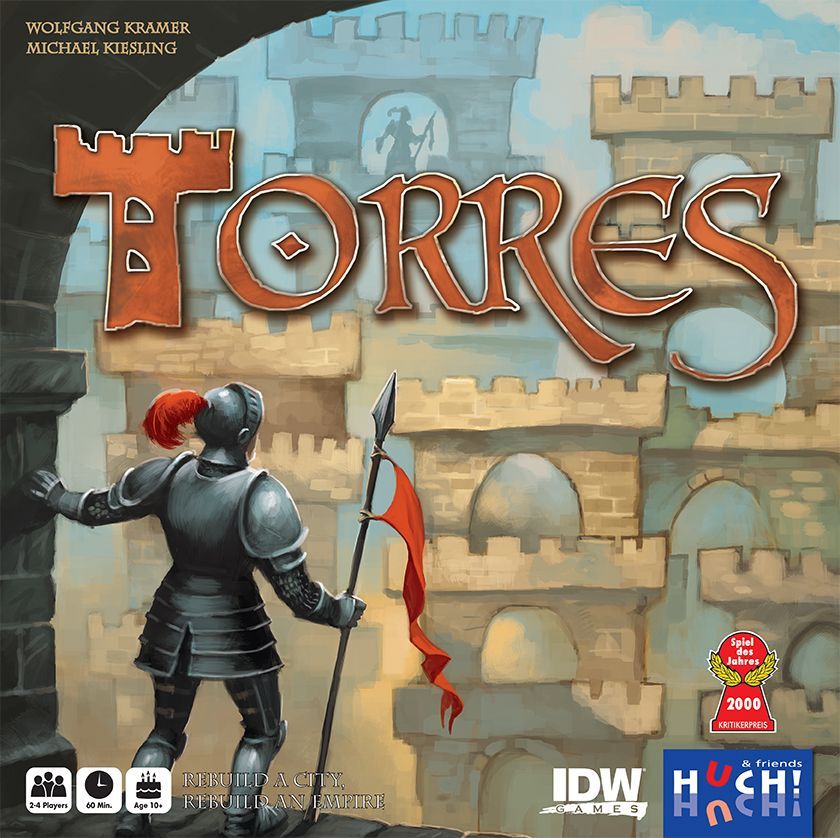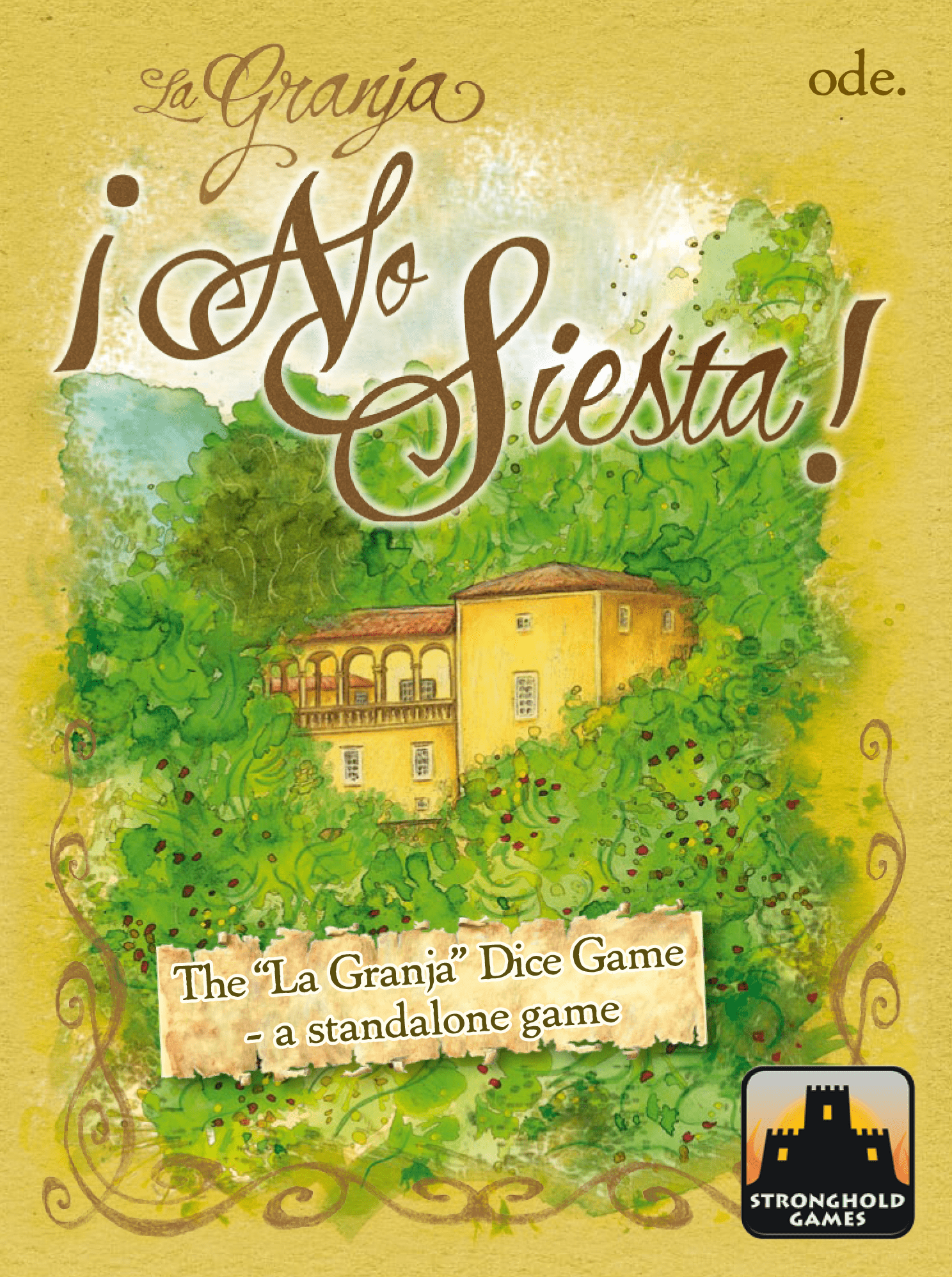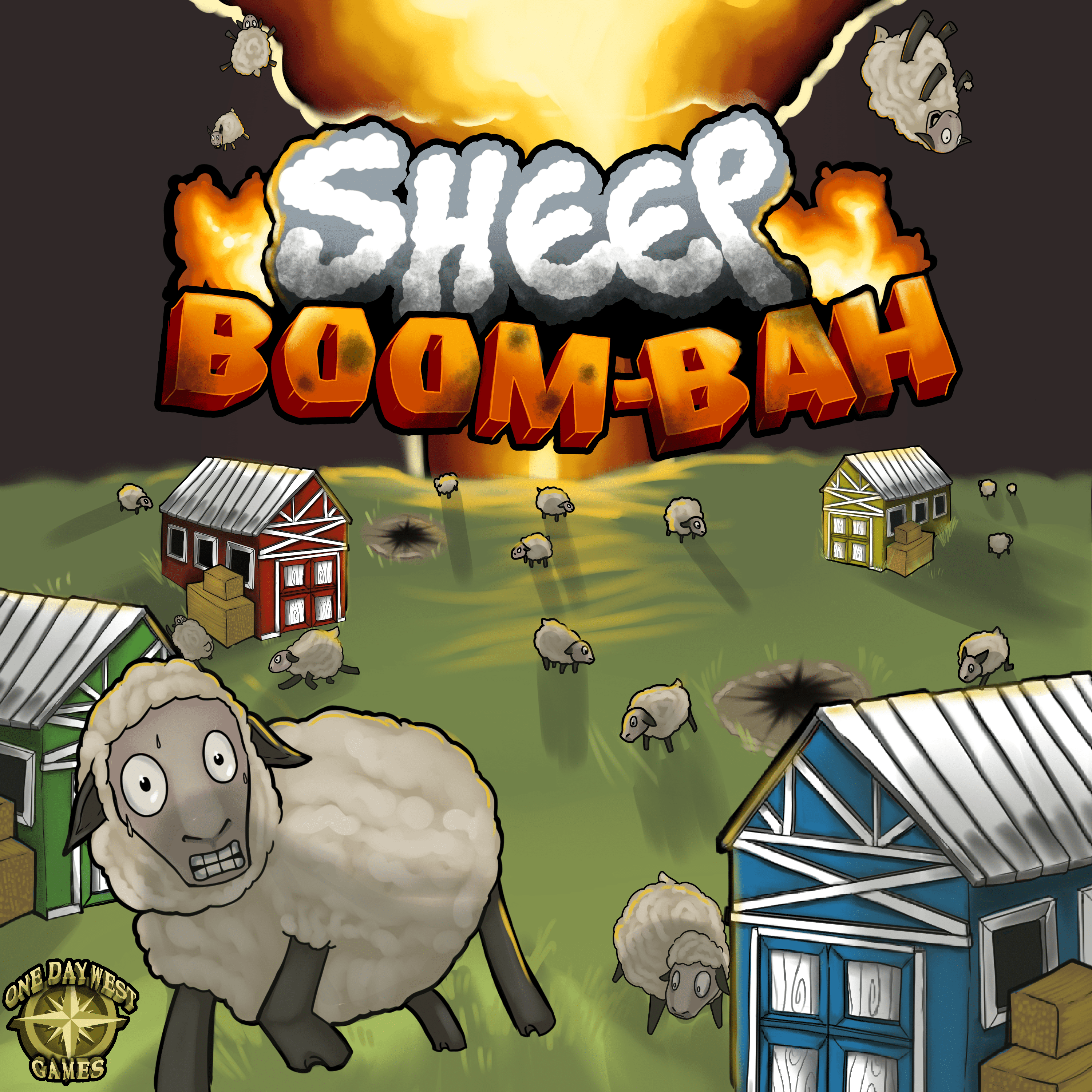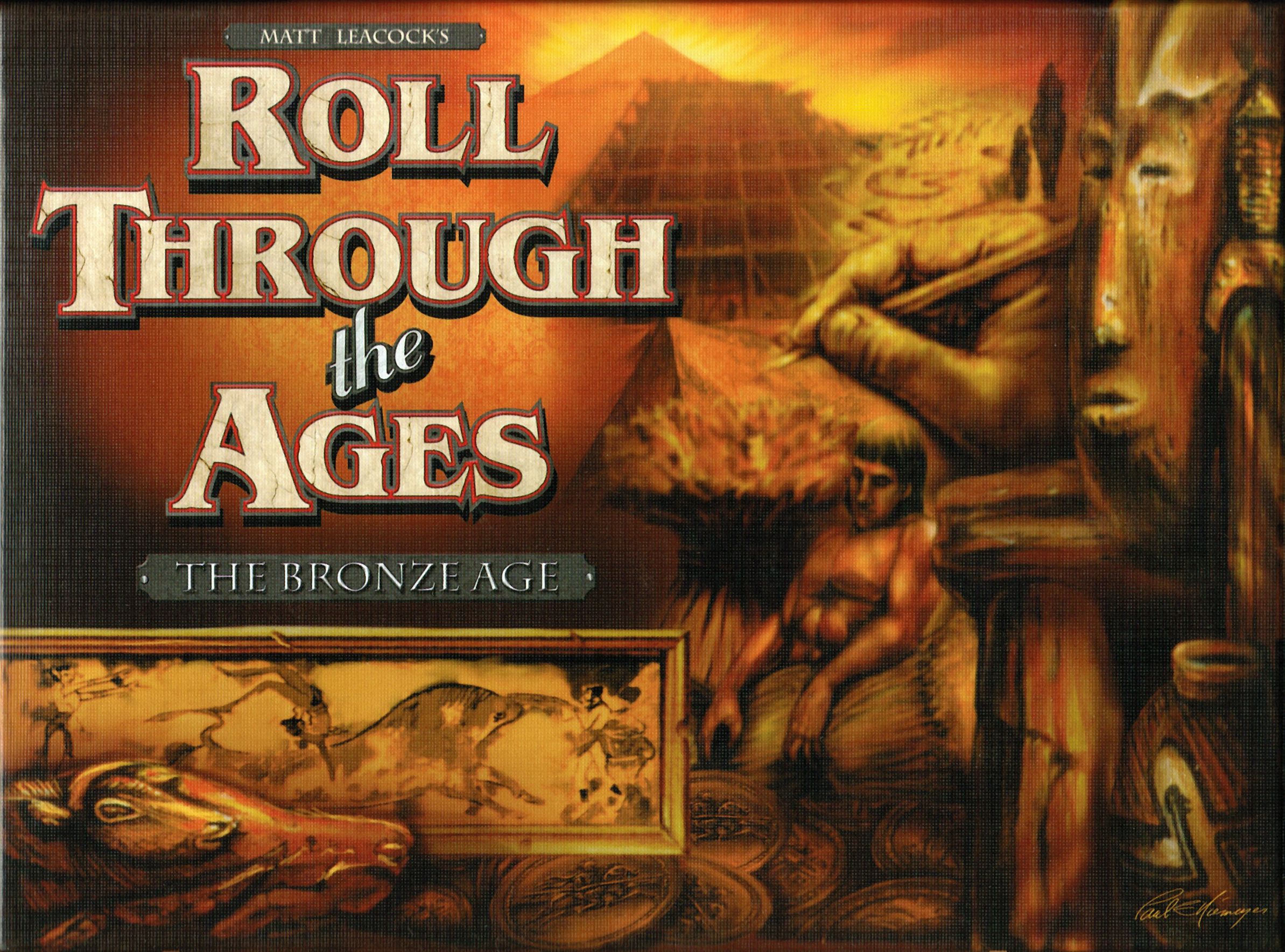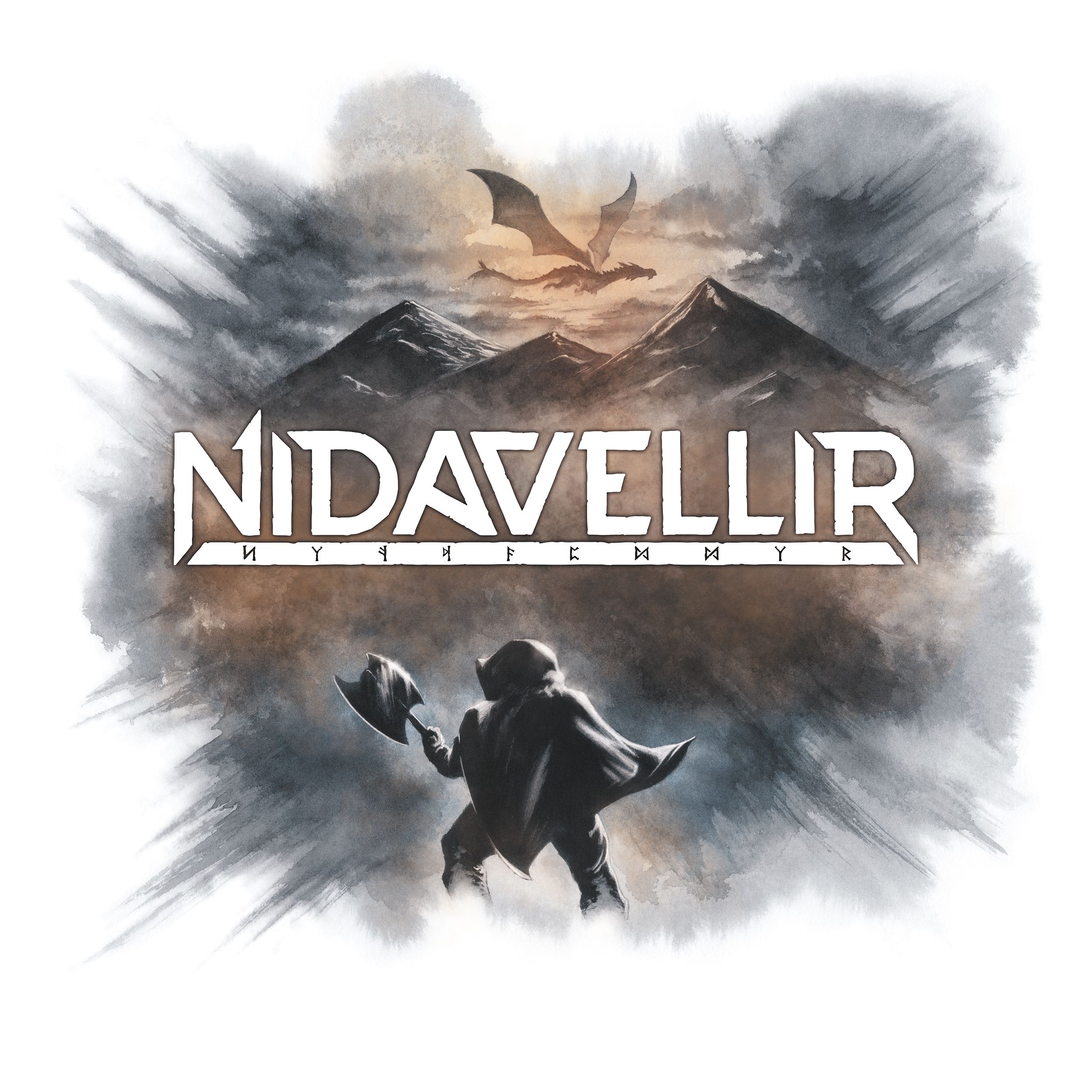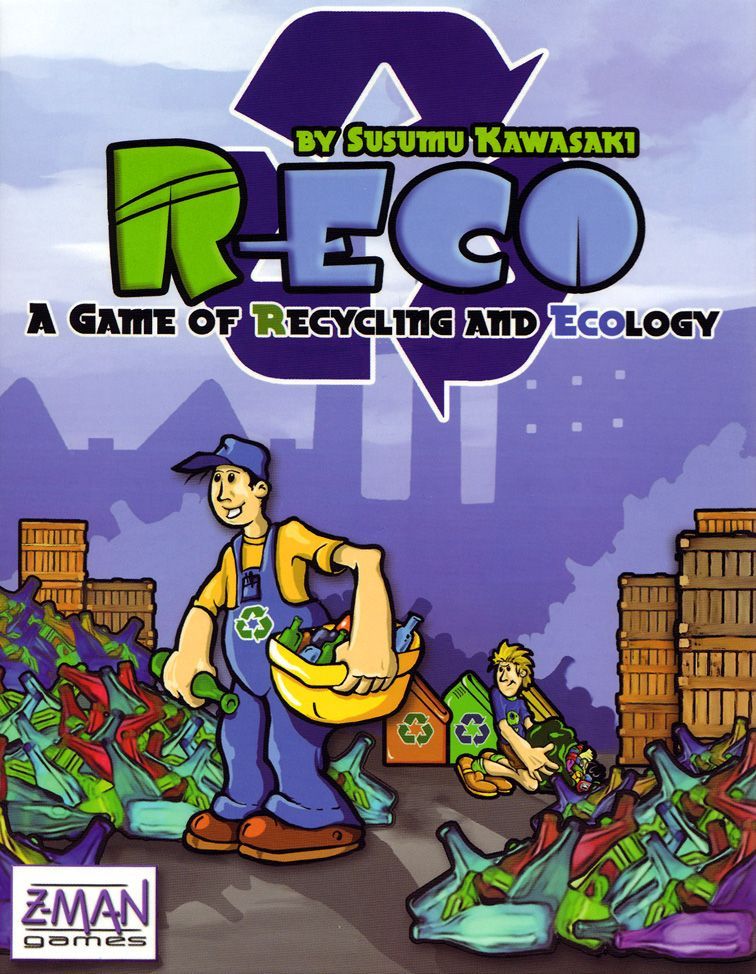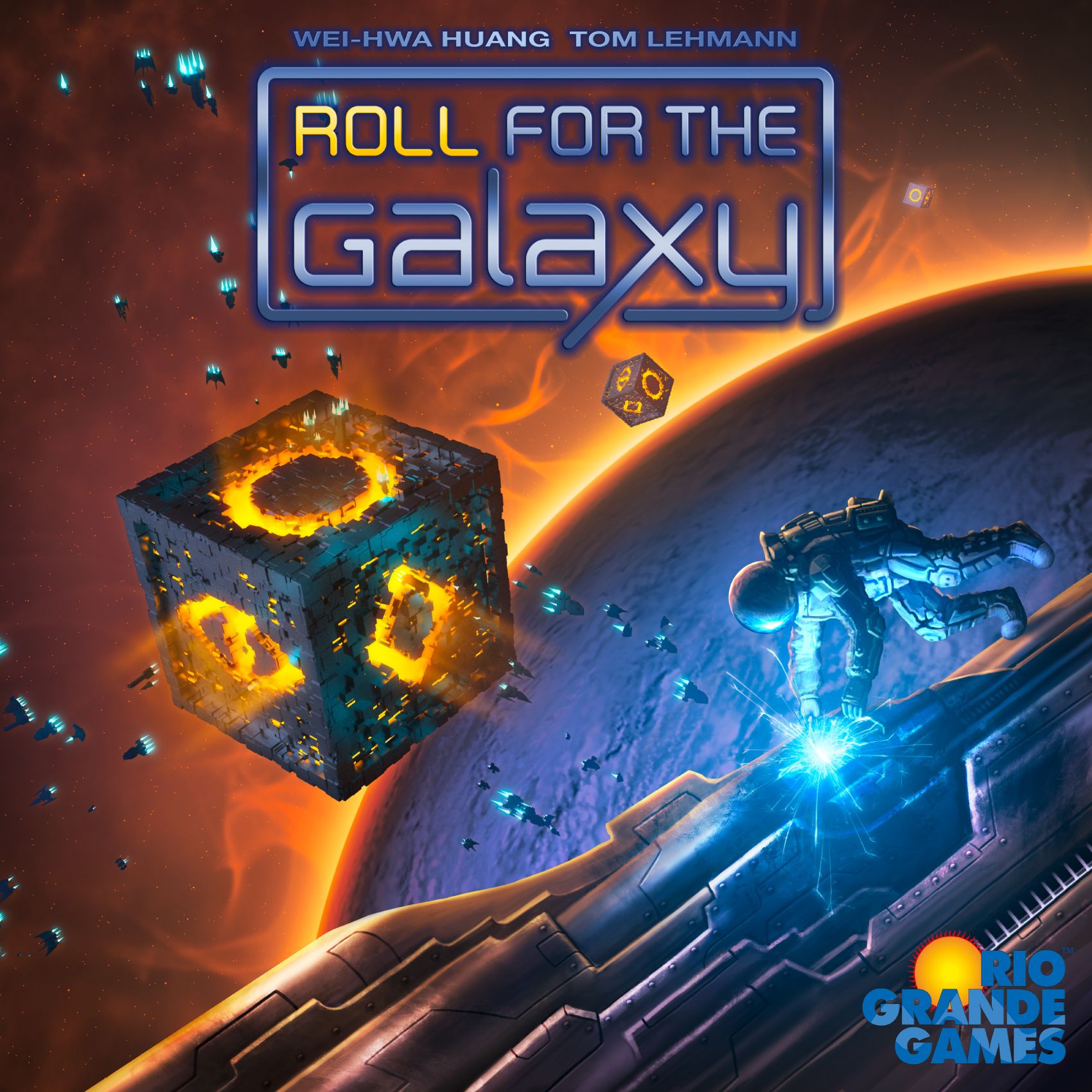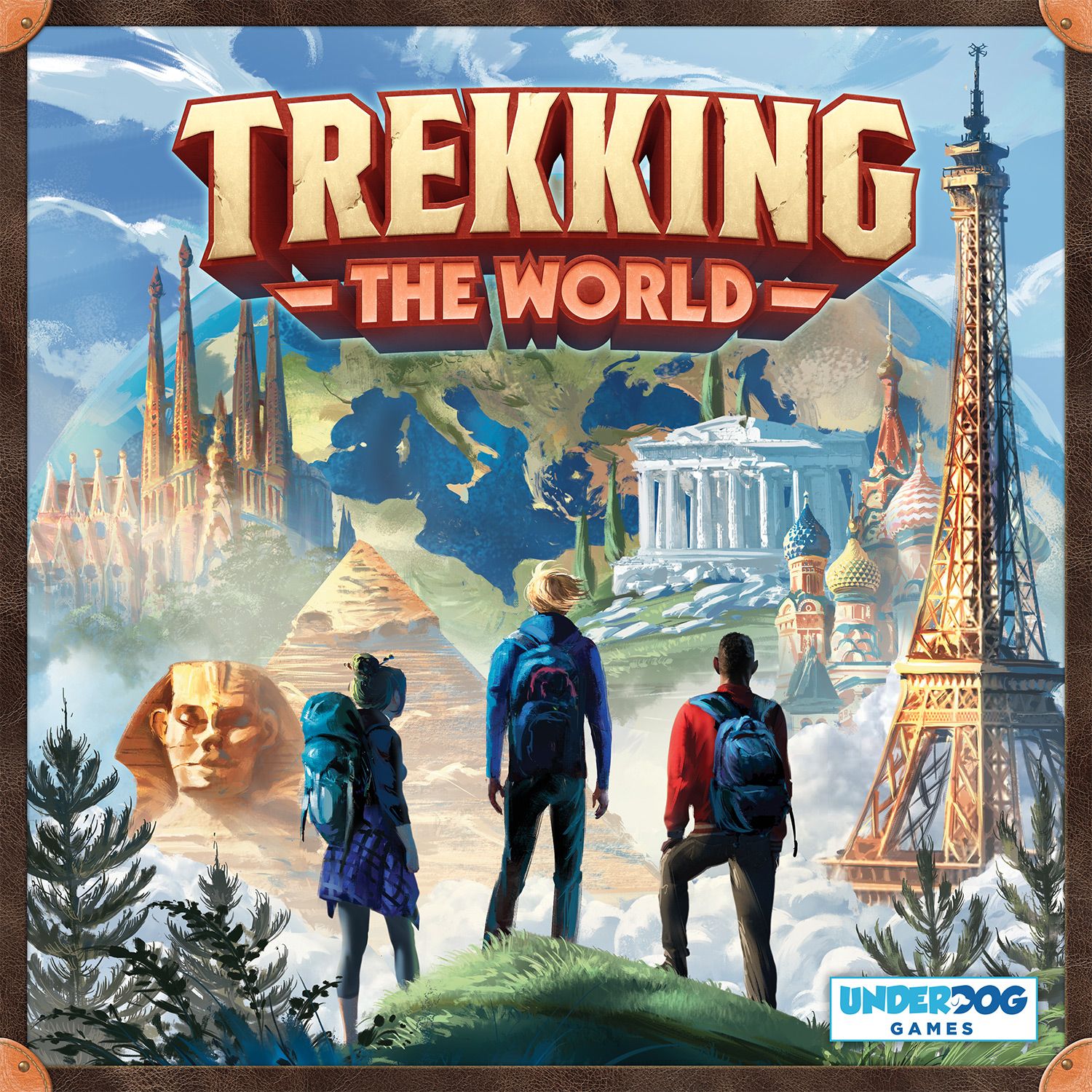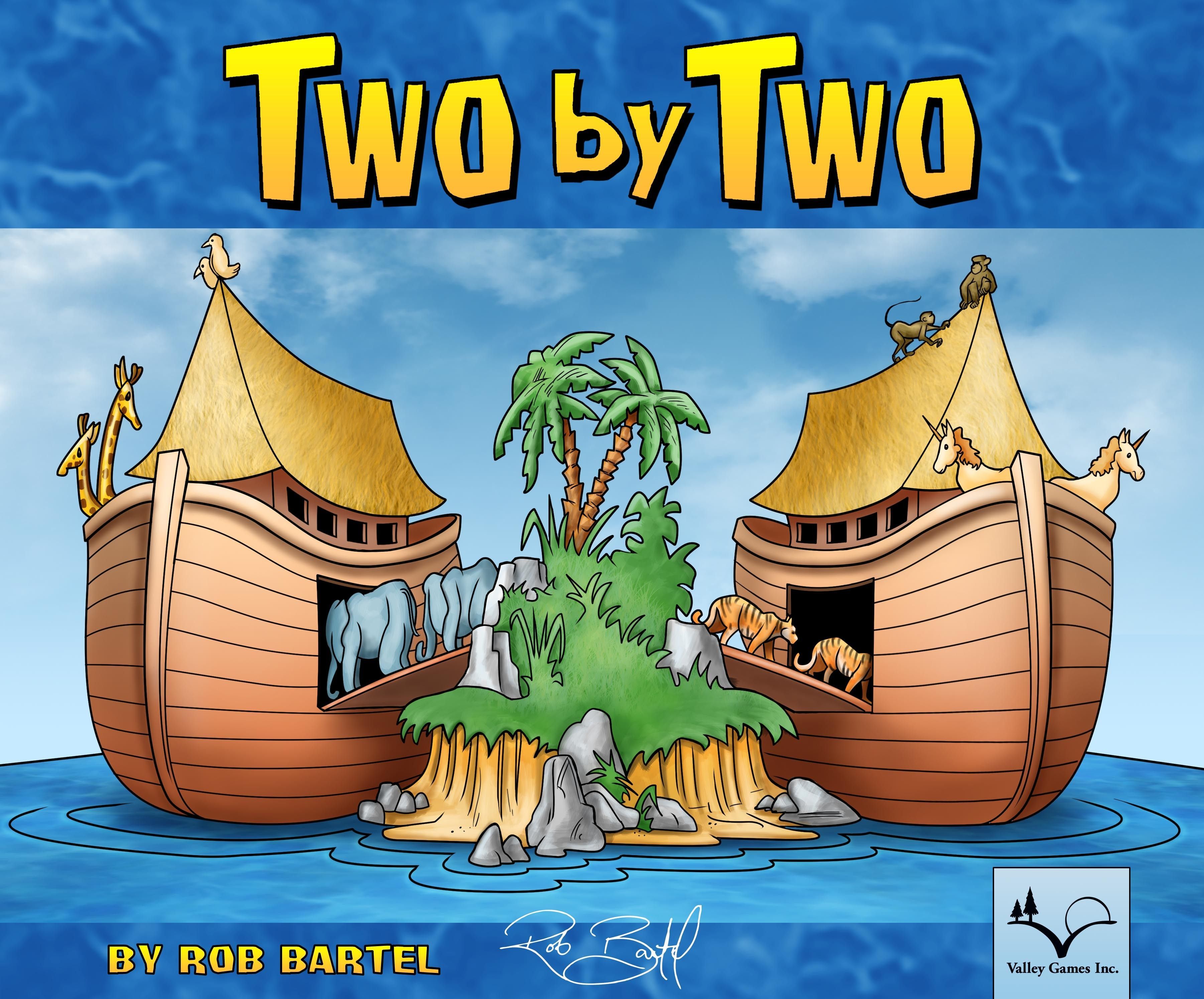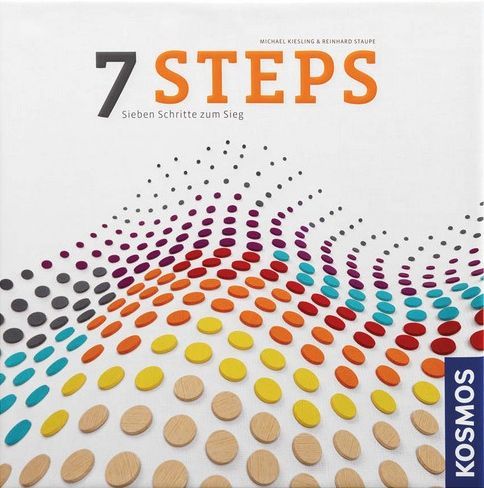“tag:boardgames”
platform:
Boardgame
This entry is here to allow those users who track their games played on the Geek to include unpublished games that either (A) the designer does not care to have publicly discussed or (B) are not finished enough that it makes sense to add them to the Geek.
Photos, files, reviews, or session reports should be submitted under a specific game entry (or a user gallery), not here.

genre:
Card Game
/
Fantasy
…
platform:
Boardgame
publisher:
Bombyx
/
Asterion Press
…
The Abyss power is once again vacant, so the time has come to get your hands on the throne and its privileges. Use all of your cunning to win or buy votes in the Council. Recruit the most influential Lords and abuse their powers to take control of the most strategic territories. Finally, impose yourself as the only one able to rule the Abyssal people!
Abyss is a game of development, combination and collection in which players try to take control of strategic locations in an underwater city. To achieve this, players must develop on three levels: first by collecting allies, then using them to recruit Lords of the Abyss, who will then grant access to different parts of the city. Players acquire cards through a draft of sorts, and the Lords of the Abyss acquired on those cards grant special powers to the cardholder — but once you use the cards to acquire a location, that power is shut off, so players need to time their land grabs well in order to put themselves in the best position for when the game ends.
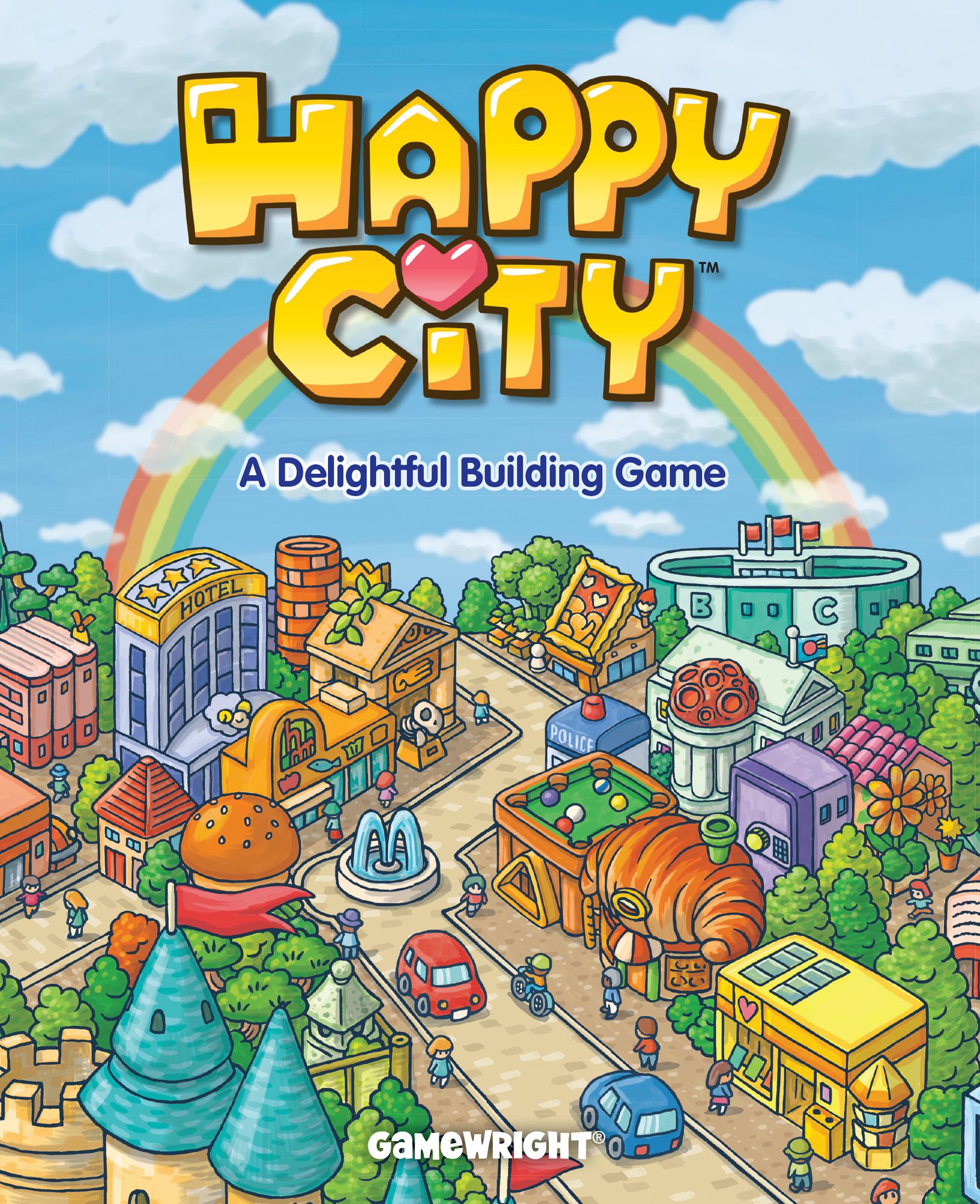
other title:
Šťastné městečko
/
Szczęśliwice Wielkie
…
genre:
City Building
platform:
Boardgame
publisher:
Cocktail Games
/
ADC Blackfire Entertainment
…
Do you have what it takes to grow a city from a humble market to a thriving mini-metropolis? Collect 10 buildings and make sure your citizens are happy with the place they live in!
Gameplay
1. Income Phase — At the start of each round, every player receives coins equal to the sum of the income symbols shown on the bottom of their cards.
2. Action Phase — Resolved in turn order:
a. (optional) Discard 1 of the available Buildings from the market.
b. Reveal up to 3 cards from any of the three Building decks and add them to the supply.
c. Then, you have a choice: either purchase a card from the supply or purchase nothing and take a coin from the bank. Note: your city may not contain any duplicate cards.
d. (optional) If your city meets the conditions for an available Bonus Building, you may claim it.
Once any player adds a 10th card to their city, the game-end is triggered and every player multiplies the number of citizens by the total number of hearts on their cards, and whoever has the highest result wins the game!
Happy City includes rules for two ways to play: a family version and an "expert version" that features more interaction and strategy.
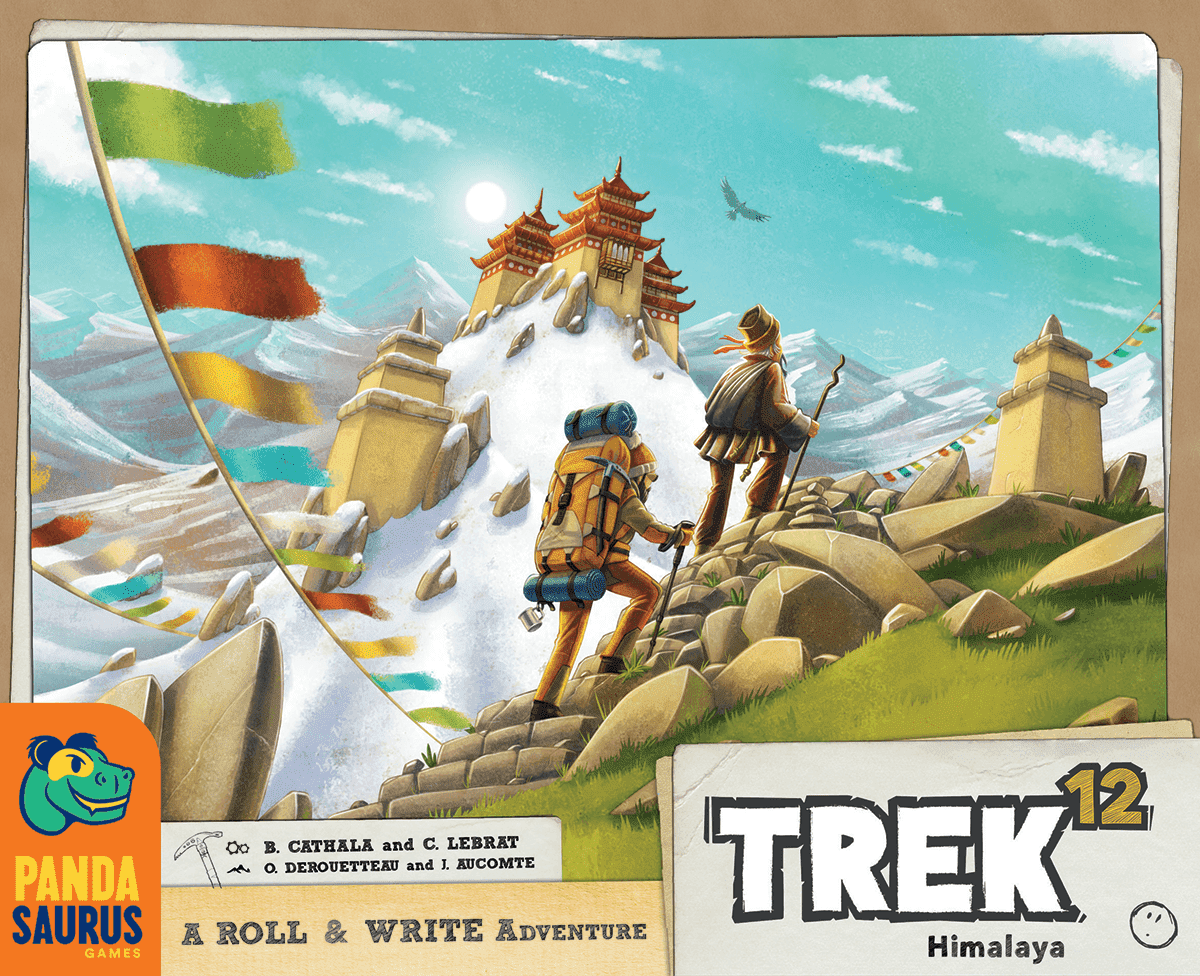
other title:
Trek 12: Himalaja
/
Trek 12: Himalaje
…
genre:
Adventure
/
Dice
…
platform:
Boardgame
publisher:
Lumberjacks Studio
/
Blackrock Games
…
Trek 12 is a roll-and-write alpinism game, with progressive difficulty levels and more. To score points, you have to create chains of consecutive numbers from 0 to 12 and areas of a same number.
A game is composed of 19 rolls of two six-sided dice, with one die having values from 1 to 6, and the other from 0 to 5. After each roll, the player must combine both die values to obtain the number to place. You can:
Add the values of the two dice
Subtract the value of one die from the other
Multiply the value of the two dice
Keep the higher value of the two dice
Keep the lower value of the two dice
Be careful as you may choose each of these options at most four times during a game. After placing your first number on the game sheet, you must place each subsequent number in a space adjacent to one already filled. You try to make chains and develop areas. Players also have access to several bonus elements to earn during a game.
At the end of a game, numbers that belong to neither a chain nor an area give you minus points. The same applies if you have to place a number greater than 12...
Trek 12 contains three different sheet pads to add narrative with three progressive difficulty levels.
—description from the publisher
genre:
Abstract Strategy
/
Medieval
platform:
Boardgame
publisher:
F.X. Schmid
/
HUCH!
…
Torres is an abstract game of resource management and tactical pawn movement. Players are attempting to build up castles and position their knights to score the most points each turn. Players have a limited supply of knights and action cards that allow special actions to be taken. Efficient use of pieces and cards, along with a thoughtful awareness of future possibilities, is the heart of this game.
Torres is considered by many to be an informal member of what is referred to as the Mask Trilogy.
other title:
La Granja: No Siesta – Das Würfelspiel
genre:
Dice
/
Farming
platform:
Boardgame
publisher:
ADC Blackfire Entertainment GmbH
/
Stronghold Games
La Granja: No Siesta is a standalone dice game following up the boardgame La Granja.
The players need to collect resources to cross them off on their scoring sheet in order to get the most victory points. They can hire helpers to use their special effects. They build a barn to store goods and sometimes they need to have a little time off and have a Siesta!
The dice game singles out the dice mechanism from the boardgame and transfers it into a much lighter game. Every round the players roll the dice and draft them until everybody has at least three dice to score.
Once a player completes the siesta track the game comes to an end. Whoever collected resources in the most effective way will win the game!
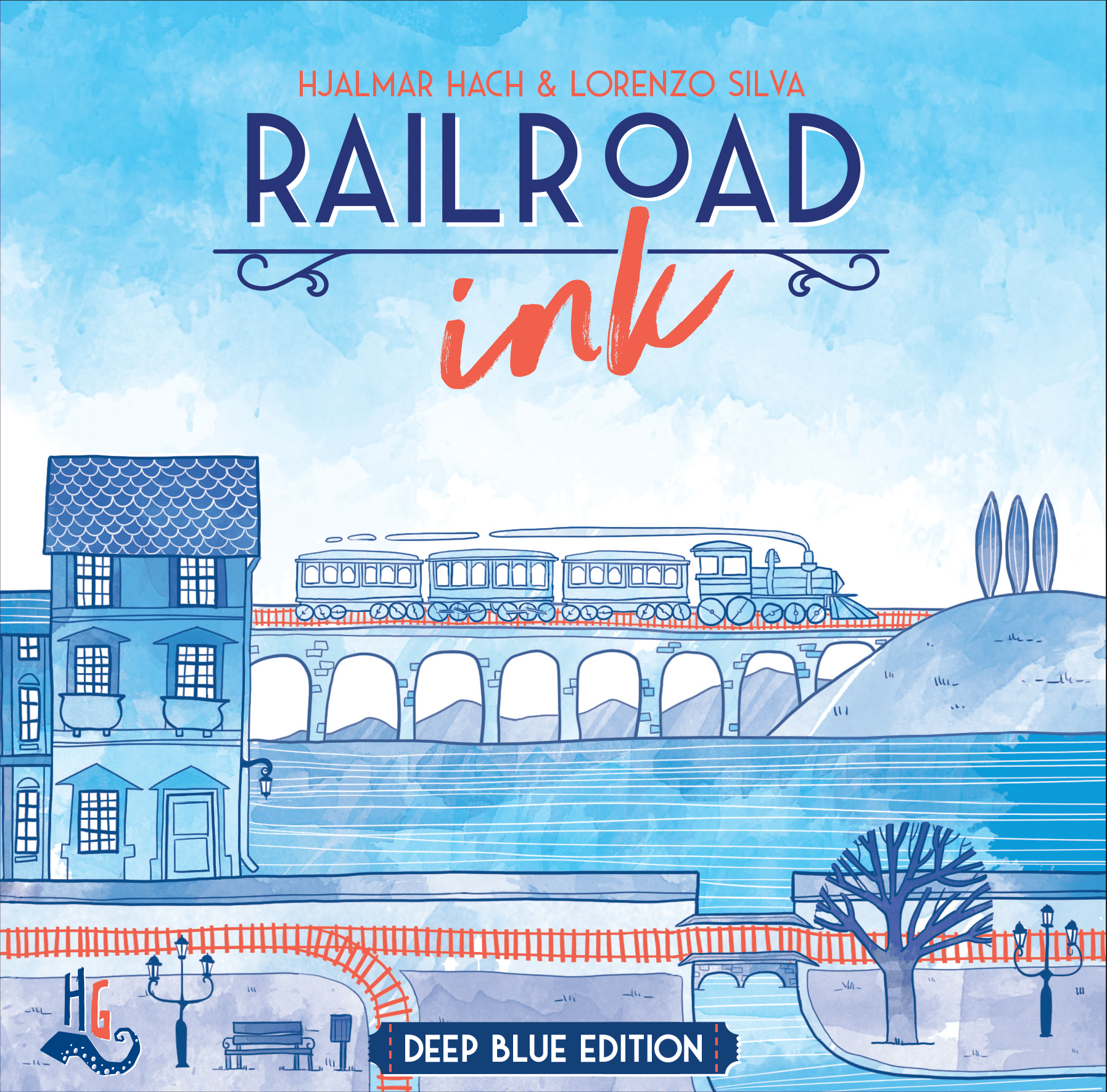
other title:
Kolejowy szlak: Głęboki błękit
/
Railroad Ink
…
genre:
Dice
/
Trains
platform:
Boardgame
publisher:
Horrible Guild
/
Albi
…
In the multiplayer puzzle game Railroad Ink, your goal is to connect as many exits on your board as possible. Each round, a set of dice are rolled in the middle of the table, determining which kind of road and railway routes are available to all players. You have to draw these routes on your erasable boards to create transport lines and connect your exits, trying to optimize the available symbols better than your opponents.
The more exits you connect, the more points you score at the end of the game, but you lose points for each incomplete route, so plan carefully! Will you press your luck and try to stretch your transportation network to the next exit, or will you play it safe and start a new, simpler to manage route?
Railroad Ink comes in two versions, each one including two expansions with additional dice sets that add new special rules to your games. The Deep Blue Edition includes the Rivers and Lakes expansions. Increase the difficulty by adding the River route into the mix, or use the Lakes to connect your networks by ferry. These special rules can spice up things and make each game play and feel different. Each box allows you to play from 1 to 6 players, and if you combine more boxes, you can play with up to 12 players (or more). The only limit to the number of players is the number of boards you have!
genre:
Animals
platform:
Boardgame
publisher:
One Day West Games
Sheep Boom Bah is a tile flipping, sheep herding game for 2-4 players. After all your sheep wonder into an active land mine field, it’s your job to safely return the absent minded flock back to your farm safely.
On the players turn, they can use an action to move a sheep onto a field tile. Once there, the player flips the tile over and discovers what’s underneath. Either a field, landmine or barn is revealed. Bonus points are scored for finding a field or barn tile.
Players can use playing cards in their hand to move, steal and revive sheep.
At the end of the game, players score points based on the final positions of their sheep either in the barn or the barnyard.
Score the most points at the end to win the game.
—description from the publisher
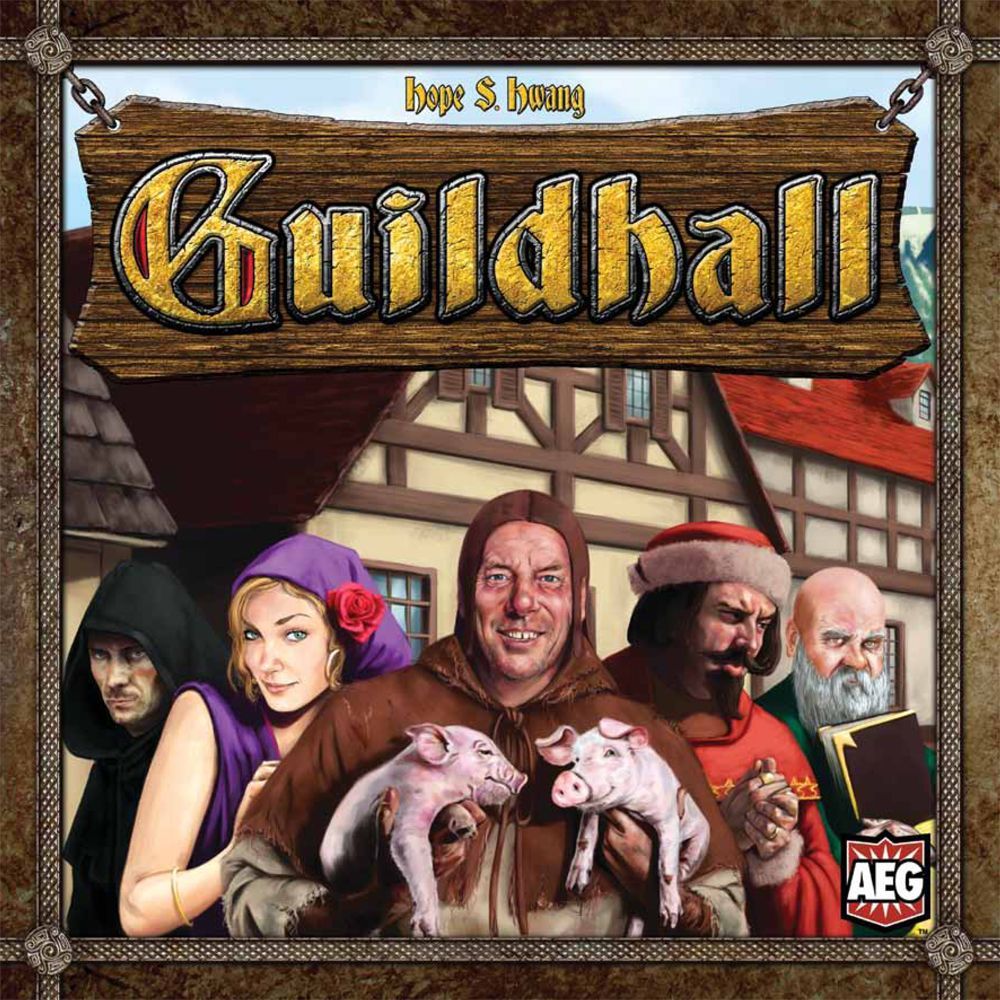
other title:
Gamun
/
Guildhall: Old World Economy
…
genre:
Card Game
/
Medieval
platform:
Boardgame
publisher:
Alderac Entertainment Group
/
Arclight Games
…
Progress! That's what these Dark Ages need, someone with a little get-up-and-go. You've been a serf in this one-pig town long enough, and it's time to shake things up. You've opened a guildhall for like-minded professionals from all over Europe to work together, build their trades, and get some economic stability.
Now if only everybody else didn't have the same idea...
Well, you'll just have to do it faster than those other guys! Gather professionals into chapters, and use their combined might to reach for victory. Collect complete color sets of professions (all five colors of Trader, for instance), which you use to buy victory points (VP). The first player to gain 20 VP on her turn wins.
In Guildhall, each profession grants you special abilities, and these abilities grow stronger the more of the set that you complete. When you cash in the set for victory points, however, you lose the ability until you can build it up again. Which professions are worth risking VP to keep?
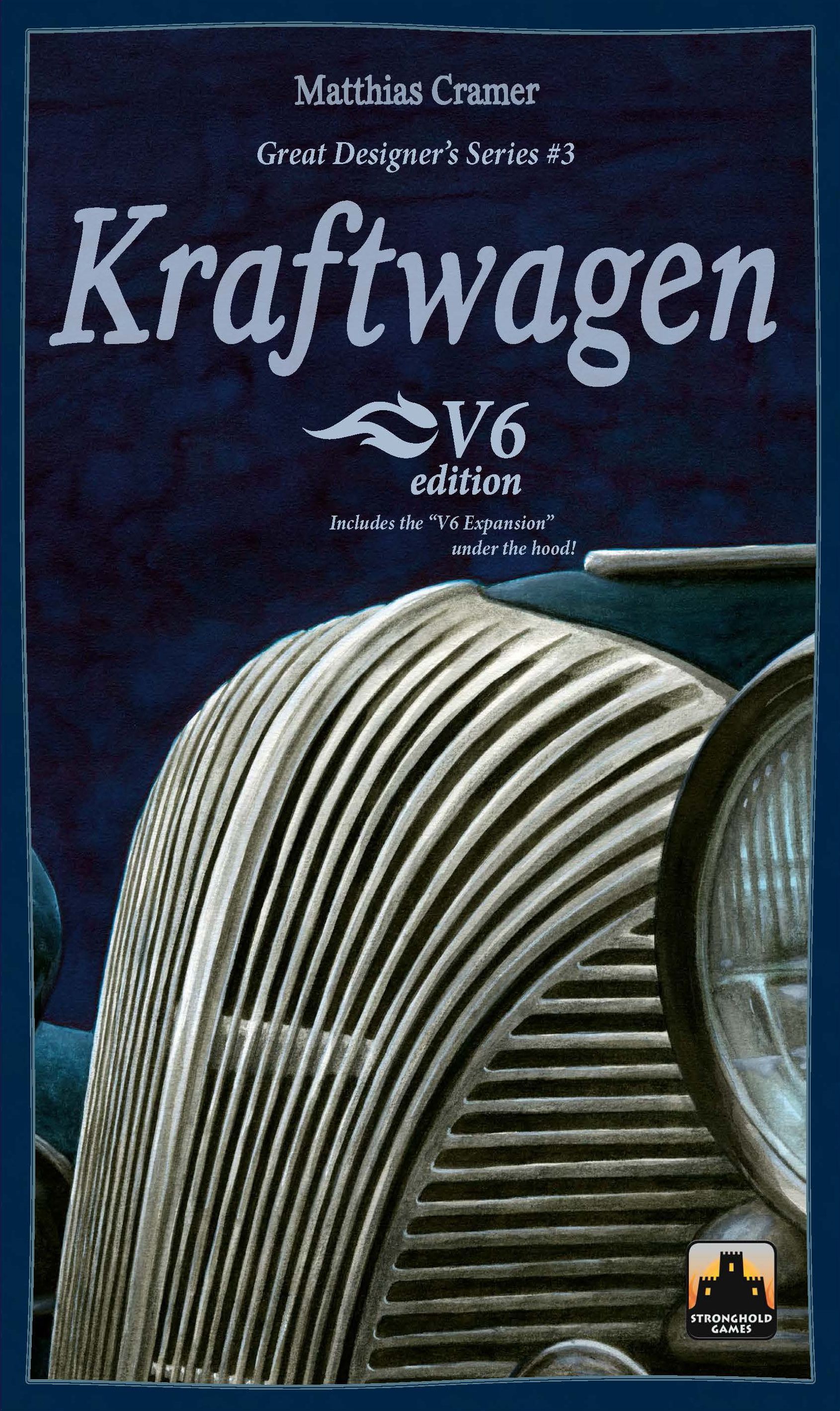
other title:
Automobile: Początki motoryzacji
/
Kraftwagen: V6 Edition
genre:
Economic
/
Industry / Manufacturing
platform:
Boardgame
publisher:
ADC Blackfire Entertainment GmbH
/
G3
…
In Germany in 1888, Bertha Benz, wife of auto pioneer Carl Benz, undertook the first cross-country drive in an automobile. While making the trek from Mannheim to Pforzheim, her car ran out of fuel in Wiesloch. Mrs. Benz stopped into the city drugstore to obtain the appropriate chemicals to make more fuel, effectively creating the world´s first gas station.
By the year 1928, Germany possessed a dense road network where combustion engines had triumphed over electric and steam engines and where cars were produced via assembly lines. Manufacturers began producing more affordable vehicles for the broader population.
In Kraftwagen, players advance the state of automobile development and production by playing as start-up companies. They must research new technologies and build improved chassis and engines. Early Grand Prix races provide the young companies with prestige and money, but the players must maintain a key balance of fulfilling the demand preferences of buyers at the lowest possible price.
Kraftwagen: V6 Edition includes a new set of tiles, featuring the next technology available at the time, the V6 Engine.
other title:
Im Wandel der Zeiten: Das Würfelspiel – Bronzezeit
/
Roll Through the Ages: La Edad de Bronce
…
genre:
Ancient
/
City Building
…
platform:
Boardgame
publisher:
Eagle-Gryphon Games
/
Gen-X Games
…
In Roll Through the Ages, players roll dice to obtain commodities and workers to build up their civilizations. Dice can be rerolled twice unless they come up as a hazard. Players use their workers to build infrastructure to support additional works or to build monuments that are worth points. At the same time, commodities are gathered that allow your civilization to develop. Once all monuments or five developments are achieved by a player, the game ends at the end of the round, points are counted, and a victor is declared.
The game takes its name from Through the Ages: A Story of Civilization, although the two games have different styles and designers.
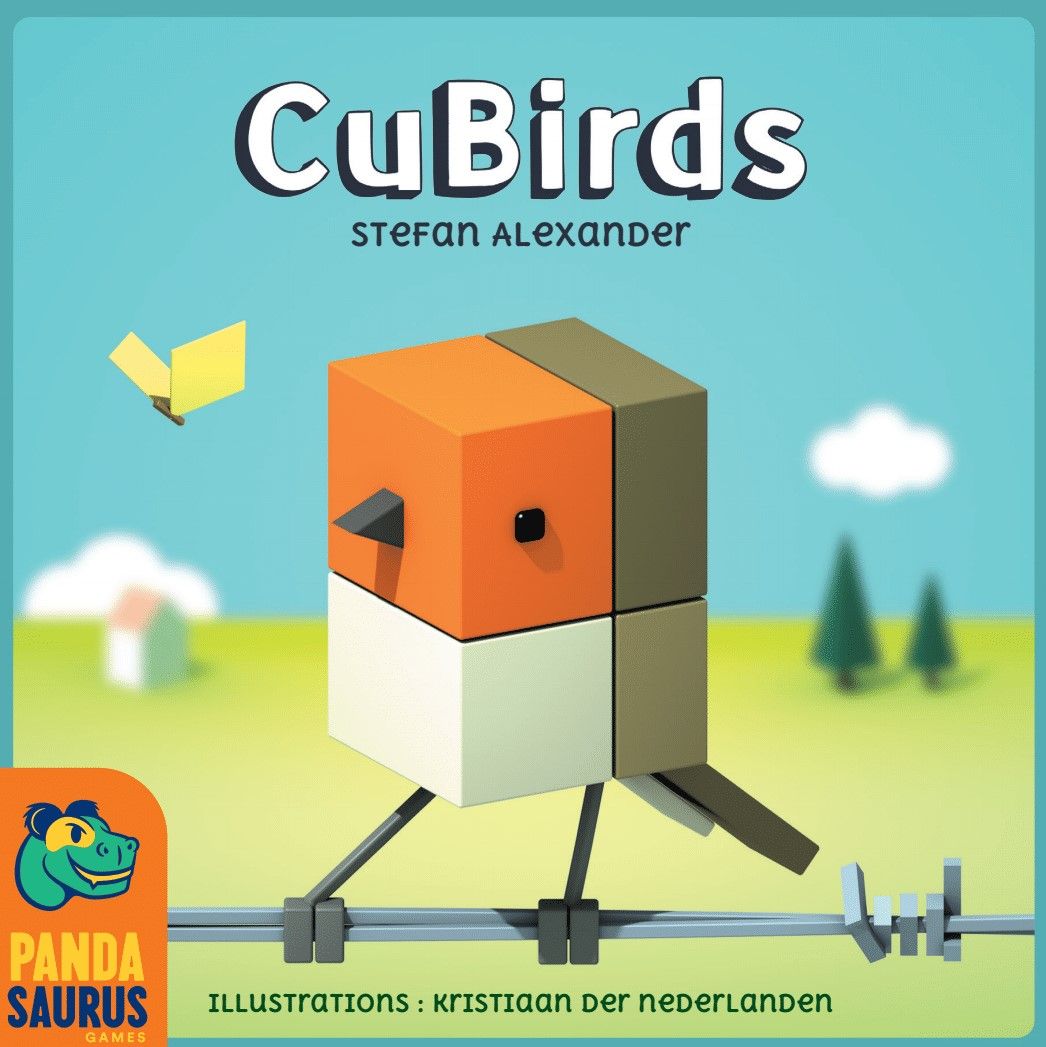
other title:
KocKanári
/
Krabčáci
…
genre:
Animals
/
Card Game
platform:
Boardgame
publisher:
Catch Up Games
/
Board Game Circus
…
Every day, dozens of birds have a stop on the fences of our countryside. When it is time to leave, all these birds mix together, unable to organize themselves into flocks to fly home. Help them find their way back to their nest.
Players begin each new round of CuBirds with eight bird cards in hand. Some birds also sit on four distinct fences on the table. On your turn, you lay a series of identical birds from your hand on one fence's extremity. These birds instantly gather with any identical bird already present on this fence, making all birds placed in-between them fly into your hand. With enough identical birds in your hand, you can perform a flock, allowing you to add some of these birds in your scoring area.
Your ultimate goal is to be the first player to gather in your scoring area either seven different species, or two species with at least three identical birds in each. Each bird comes with one small and one big flock scores, so you may want to wait to reach a big flock to add more birds at once to your scoring area. Beware, though, as the round ends as soon as a player empties their hand, forcing all players to discard their current hands and plans!
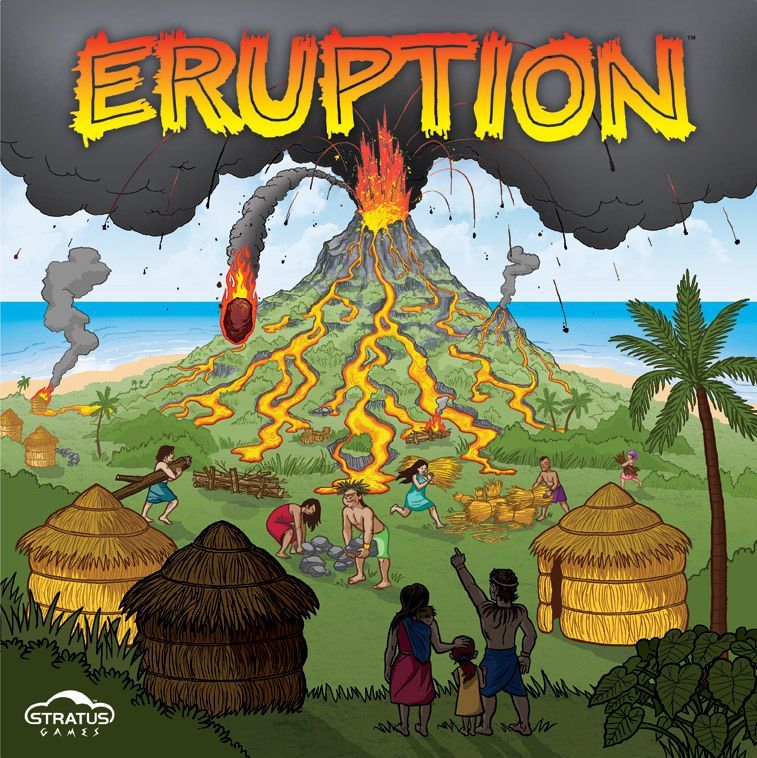
genre:
Abstract Strategy
platform:
Boardgame
publisher:
Magellan
/
Mosigra
…
The inhabitants of the villages surrounding a dormant volcano were happily living in peace until — KABOOM! — the old volcano sprung back to life, unleashing rivers of molten lava in every direction and blasting volcanic rock into the sky. The villages, now faced with destruction, must do whatever they can to protect their homes from the incoming surge of lava.
Your village is about to burn up — can you take the heat?
Eruption is a competitive survival game in which each player struggles to save his or her own village from destruction caused by an onslaught of lava from an erupting volcano. As lava enters a village, its temperature increases until it has burned up completely. Players can protect their own villages by placing lava tiles defensively and strategically building walls of various materials to hold back the lava. They are also rewarded with action cards for directing lava to other villages. Action cards allow players to rotate, replace, or remove the hexagonal lava tiles as well as cool down and fortify their own villages. Once the volcano has fully unleashed its fury, the player whose village is at the lowest temperature wins.
other title:
De Dwergen van Nidavellir
/
Nidavelir
…
genre:
Card Game
/
Fantasy
…
platform:
Boardgame
publisher:
GRRRE Games
/
Blackrock Games
…
Nidavellir, the Dwarf Kingdom, is threatened by the dragon Fafnir. As a venerable Elvaland, you have been appointed by the King. Search through every tavern in the kingdom, hire the most skillful dwarves, recruit the most prestigious heroes, and build the best battalion you can to defeat your mortal enemy!
Each turn in Nidavellir, bid a coin on each tavern. In descending order, choose a character and add this character to your army. Each dwarf class has its own scoring way: blacksmith, hunter, warrior, explorer, and miner. A meticulous recruitment will allow you to attract a powerful hero to your army.
You will also be able to increase the value of your gold coins thanks to the smart "coin-building" system, and get the best of the other Elvalands.
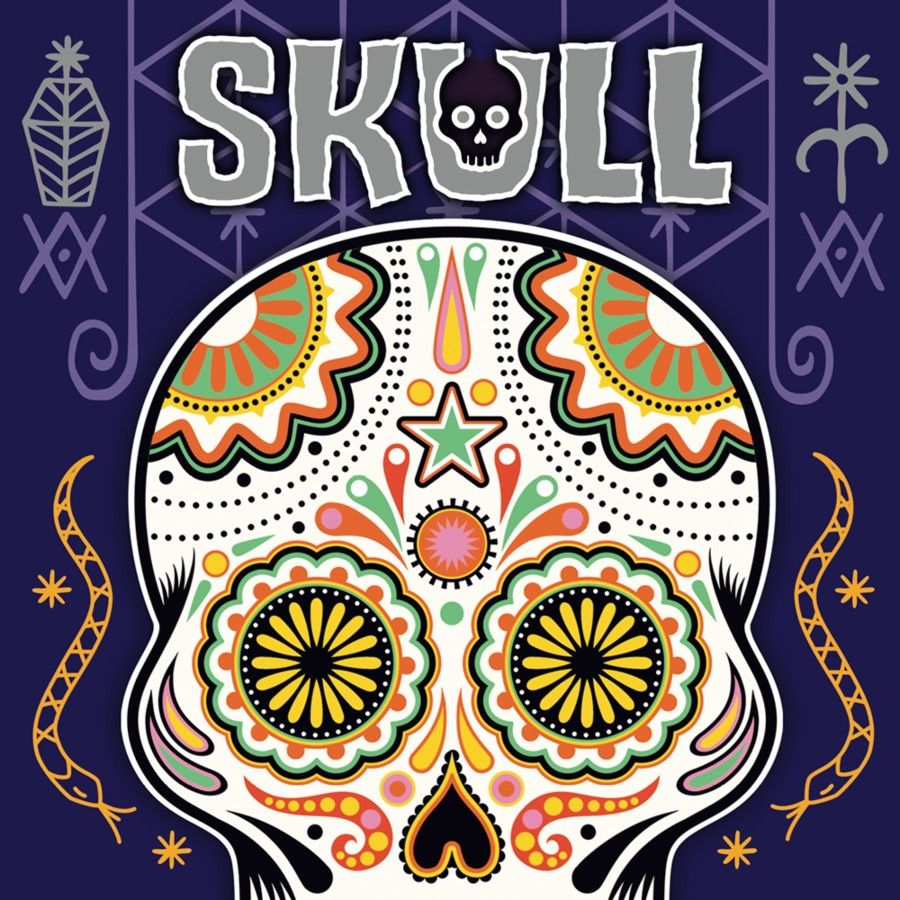
other title:
Gringo
/
Skull & Roses
…
genre:
Bluffing
/
Card Game
…
platform:
Boardgame
publisher:
Lui-même
/
Boardgame Space
…
Edited description from Bruno Faidutti's write-up of the game in his Ideal Game Library:
Skull & Roses is the quintessence of bluffing, a game in which everything is played in the players' heads. Each player plays a face-down card, then each player in turn adds one more card – until someone feels safe enough to state that he can turn a number of cards face up and get only roses. Other players can then overbid him, saying they can turn even more cards face up. The highest bidder must then turn that number of cards face up, starting with his own. If he shows only roses, he wins; if he reveals a skull, he loses, placing one of his cards out of play. Two successful challenges wins the game. Skull & Roses is not a game of luck; it's a game of poker face and meeting eyes.
Skull & Roses Red features the same gameplay as Skull & Roses, with the only change being alternate rules that allow each player to control two biker gangs. Both Skull & Roses Red and Skull are playable on their own, with each game containing six different biker gangs. Each Skull or Skull & Roses set can be combined with another to allow for games with more than six players.
other title:
R-Öko
/
Recycle
…
genre:
Card Game
/
Environmental
platform:
Boardgame
publisher:
Kawasaki Factory
/
999 Games
…
A local city has a problem of un-separated trash left by citizens. Each player is a company that does the trash separation and recycling for the city.
Use your truck (hand) to take unsorted garbage (cards) from dump sites and deliver each type to its appropriate recycling center. Every delivery that fills a center's quota earns you payment from the city.
However, your truck has a weight limit (5 items/cards), and, if you overload it, you have to dump the excess illegally (which costs money).
The player with the most money becomes the one and only authorized garbage collector of the city.
other title:
Кубарем по галактике
/
ロール・フォー・ザ・ギャラクシ
…
genre:
Civilization
/
Dice
…
platform:
Boardgame
publisher:
Rio Grande Games
/
CrowD Games
…
Game description from the publisher:
Roll for the Galaxy is a dice game of building space empires for 2–5 players. Your dice represent your populace, whom you direct to develop new technologies, settle worlds, and ship goods. The player who best manages his workers and builds the most prosperous empire wins!
This dice version of Race for the Galaxy takes players on a new journey through the Galaxy, but with the feel of the original game.
genre:
Educational
/
Environmental
…
platform:
Boardgame
publisher:
Underdog Games (I)
We designed Trekking the World for gamers and non-gamers to play together. The goal was to make a game inviting for non-gamers, but with a little subtlety under the hood for gamers.
Gleaming monuments and sunrise vistas await your arrival as you traverse the globe to experience its many wonders. Will you explore ancient ruins deep in the jungle, or go wild on a savanna safari? Build your bucket list of destinations and take a whirlwind tour to visit them all - but hurry, your fellow travelers might just beat you there!
In Trekking the World 2-5 players compete to be the ultimate globe trotter by racing to visit world-renowned locations and collect rare souvenirs along the way. The game spotlights 48 real-world destinations, each beautifully illustrated and accompanied with educational passages to inspire your next getaway.
—description from the publisher
genre:
Animals
/
Environmental
…
platform:
Boardgame
publisher:
Valley Games, Inc.
The floodwaters are rising and the animals need to board the ark!
In this deceptively simple game, players move their boats around a steadily deteriorating landscape, matching pairs in order to rescue stranded animals.
Animals that are rare at the end of the game are worth more points than those that are common.
Two by Two is #6 in the Valley Games Modern Line.
genre:
Abstract Strategy
platform:
Boardgame
publisher:
KOSMOS
In 7 Steps, everything revolves around the number seven, with seven fields in seven colors, and seven discs available to each player each round that can block any number — and by blocking columns on the fields rise higher step by step up to a maximum height of seven discs. Newly placed discs score points for the placer depending on the level where the disc was placed in the column. Only the one who can place his discs cleverly and use the special tiles well will win this game.
Online Play
Yucata (turn-based)
Logged in user may see search results from other sites.
